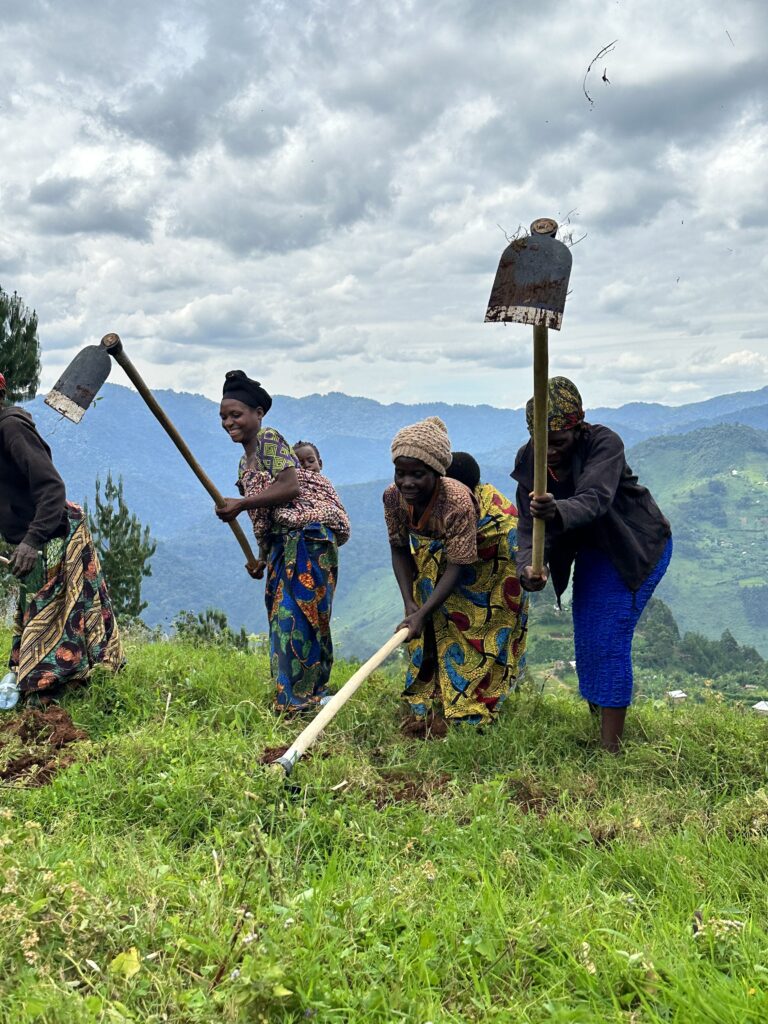Over the last month, I have been in Ghana and Uganda, meeting many people from local communities and learning their stories.
I had the honour and privilege to learn more about the Batwa Pygmies and spend a significant amount of time with them.
The Batwa are believed to be some of the Earth’s first inhabitants and the original inhabitants of East Africa’s Great Lakes.
When living in the forest, survival was based on hunting bush meat and gathering edible fruits from the forest. Until recently, Bwindi’s mountain gorillas shared their forest with the Batwa pygmies, a tribe of hunter-gatherers who lived in its caves and trees for thousands of years.
The Batwa were the protectors of the forest and lived in harmony with the wild mountain gorillas.
It’s important to know that the Batwa never hunted gorillas.
Gorillas share 98% of their DNA with humans, so the presence of the Batwa/any human greatly increases the chance of infection and disease from humans to gorillas.
In 1991 the Batwa were removed from the forest and given conservation refugee status, some (not enough) land and had to learn how to farm. As you can imagine, this wasn’t a smooth transition and this community of hunter-gatherers was forever changed.
Only a few members of the community who lived in the forest are still alive and I had the honour and privilege of spending time with them when I was in Uganda this month.

Through their sharing time and stories with us over the week, we were visitors to their community; I feel that my influence can help them share their stories.
5 of the lessons I learned were:
- We all have a story to share; every time it is shared, an impact is left on someone.
- Happiness and abundance are on a very large scale, and it’s all about perspective. Money and processions don’t always make someone happier.
- Don’t be scared to ask for what you need and want. The Batwa need land, certain infrastructure, money, more livestock and many other things.
- Regardless of socioeconomic status or language barrier, singing, dancing and breaking bread are universal love languages.
- Storytelling is a way to preserve potent memories for generations to come.
As I integrate into my extended nomadic pause, I’ll share more stories and lessons.
The power of sharing your story has been drastically underrated…until now. William from the Batwa spent time with me, translating the elders’ stories and sharing his people’s stories. He inspired me to help him share their stories. I’ll teach William how to use Facebook, guide him with how to use social media to share their stories and offer him a spot in The Global Resilience Project book 2.
I have a story. You have a story. We all have a story, and sharing yours may inspire someone to make a change.
There is still room for your story in our second book. Are you curious about what that looks like for you? You can learn more and submit your story HERE or email blair@blairkaplan.ca to schedule a call with Blair, our Founder.
